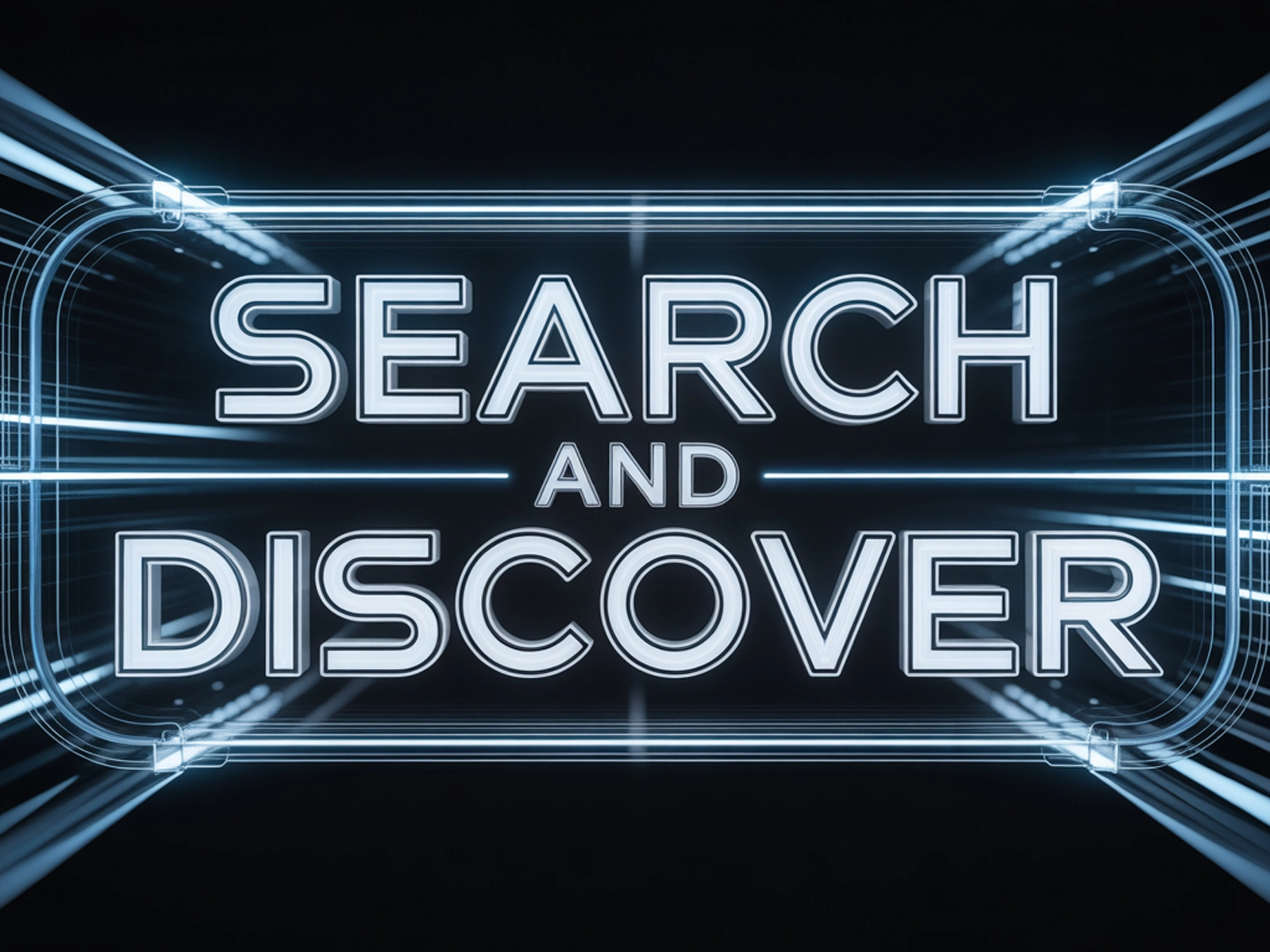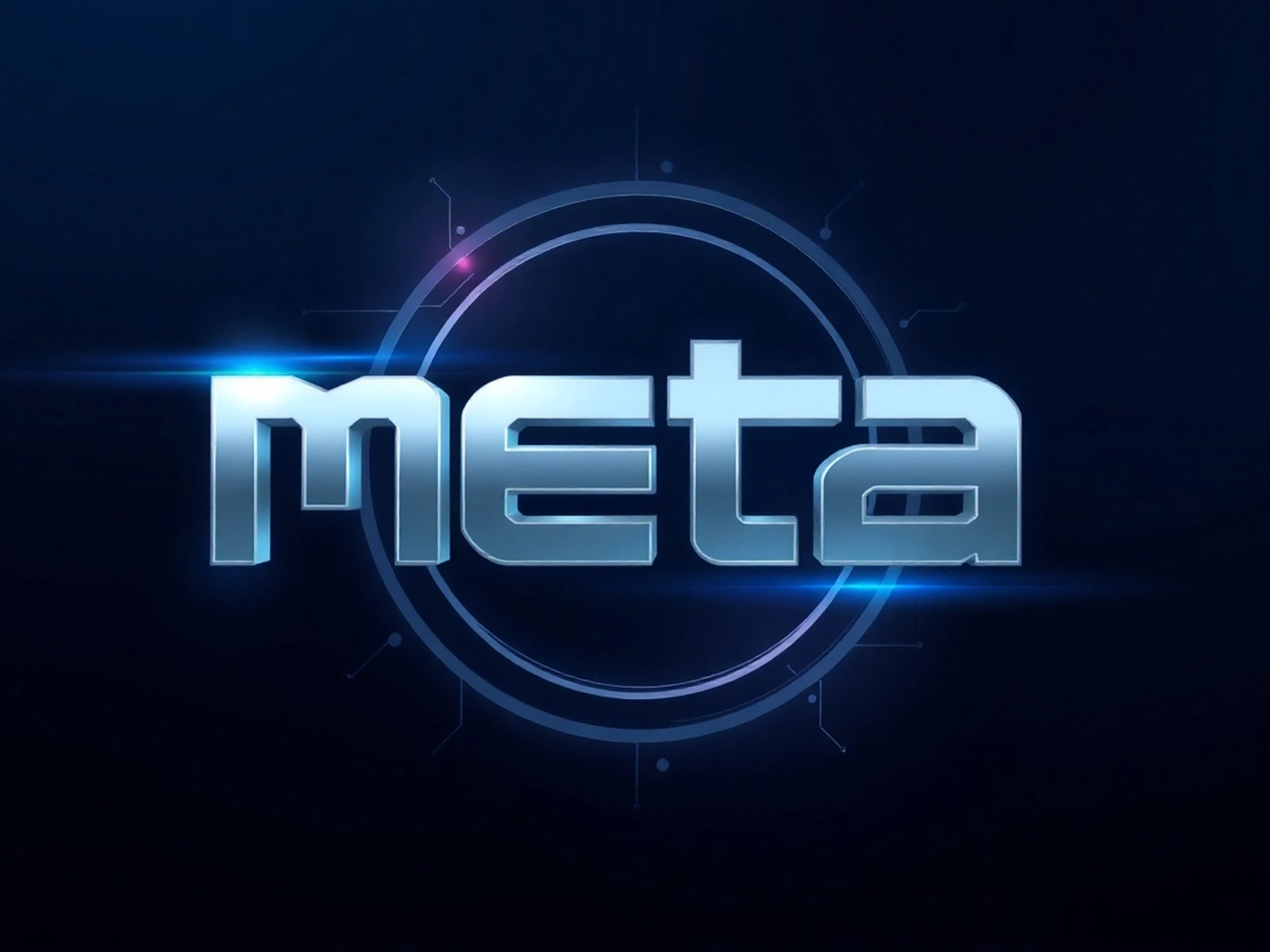
How to make Search and Discover show your perfect image
What changes in Google Ads API Developer Assistant v2.0?

How stylistic features impact user engagement in AI-generated content

3 minutes
Meta has found a new way to keep your attention — chatbots that initiate conversations themselves.
Imagine you’re messaging friends on Facebook Messenger or WhatsApp, and suddenly you receive an unexpected message from a chatbot that’s obsessed with cinema.
“I hope you’re having a harmonious day! Have you discovered any new composers or soundtracks lately? If not — I’d be happy to recommend something!”
That’s an example of a message from a personalized AI bot called “Maestro of Movie Magic”, which Meta may soon roll out across Messenger, WhatsApp, and Instagram. These messages are part of an experimental feature the company is testing together with data labeling firm Alignerr.
Meta has created a tool for users to build their own bots through the AI Studio platform. The new feature allows these bots to not only respond, but to initiate conversations — if the user has already interacted with them.
According to the rules:
Users can keep their bots private or share them via stories, direct links, or even attach them to their Facebook or Instagram profiles.
Meta positions this feature as a way to deepen engagement and “continue exploring topics of interest with AIs across our apps.”
Meta is effectively borrowing a model already used by Character.AI and Replika — popular apps that allow users to create AI companions capable of initiating conversations. Incidentally, the new CEO of Character.AI, Karandeep Anand, previously served as Meta’s VP of business products.
However, this form of interaction carries risks. Character.AI is currently under investigation after a chatbot was allegedly involved in the case of a 14-year-old boy’s death.
In response to safety concerns, Meta refers to a series of disclaimers that state:
Meta also did not answer questions from journalists regarding age restrictions for using these bots. However, in jurisdictions like Tennessee and Puerto Rico, teen interactions with such systems are already limited by law.
While Meta frames the initiative as a fight against the “loneliness epidemic,” the bigger driver is clearly advertising.
In court documents unsealed in April, Meta projected revenue from its AI products to reach:
The majority of this revenue is expected to come from licensing its Llama models to other companies — and potentially from advertising in chats. Meta has confirmed that its AI assistants may eventually display ads or function on a subscription basis.
The company has not responded to questions about monetization plans, sponsored messages, or integration with its Horizon metaverse platform.
Meta continues expanding its presence in the generative AI space by focusing on emotionally engaging and personalized user interactions. The launch of chatbots capable of initiating conversations is not just another feature update — it’s a strategic step toward deeper AI integration into daily digital communication. This approach helps retain user attention, strengthens emotional bonds with the product, and may significantly increase advertising revenue.
However, it also raises a number of ethical and safety concerns. Users — particularly teens and vulnerable groups — may perceive bots as real companions. Combined with the lack of age restrictions and vague accountability policies, this could lead to serious psychological risks. Meta limits itself to formal disclaimers, which may not be sufficient in the event of an incident.
Clearly, the company views personalized AI communication as a key driver of future profit. With projected trillions in long-term AI revenue, the commercial interest — including ad integrations and paid features — will likely shape how these systems develop.
Ultimately, Meta is creating a new digital reality — one that is more emotionally immersive but also far more complex in terms of ethics, responsibility, and regulation. The success of this technology will depend not only on technical excellence, but also on the company’s ability to anticipate societal consequences and act proactively.
This article available in Ukrainian.
Say hello to us!
A leading global agency in Clutch's top-15, we've been mastering the digital space since 2004. With 9000+ projects delivered in 65 countries, our expertise is unparalleled.
Let's conquer challenges together!
performance_marketing_engineers/
performance_marketing_engineers/
performance_marketing_engineers/
performance_marketing_engineers/
performance_marketing_engineers/
performance_marketing_engineers/
performance_marketing_engineers/
performance_marketing_engineers/